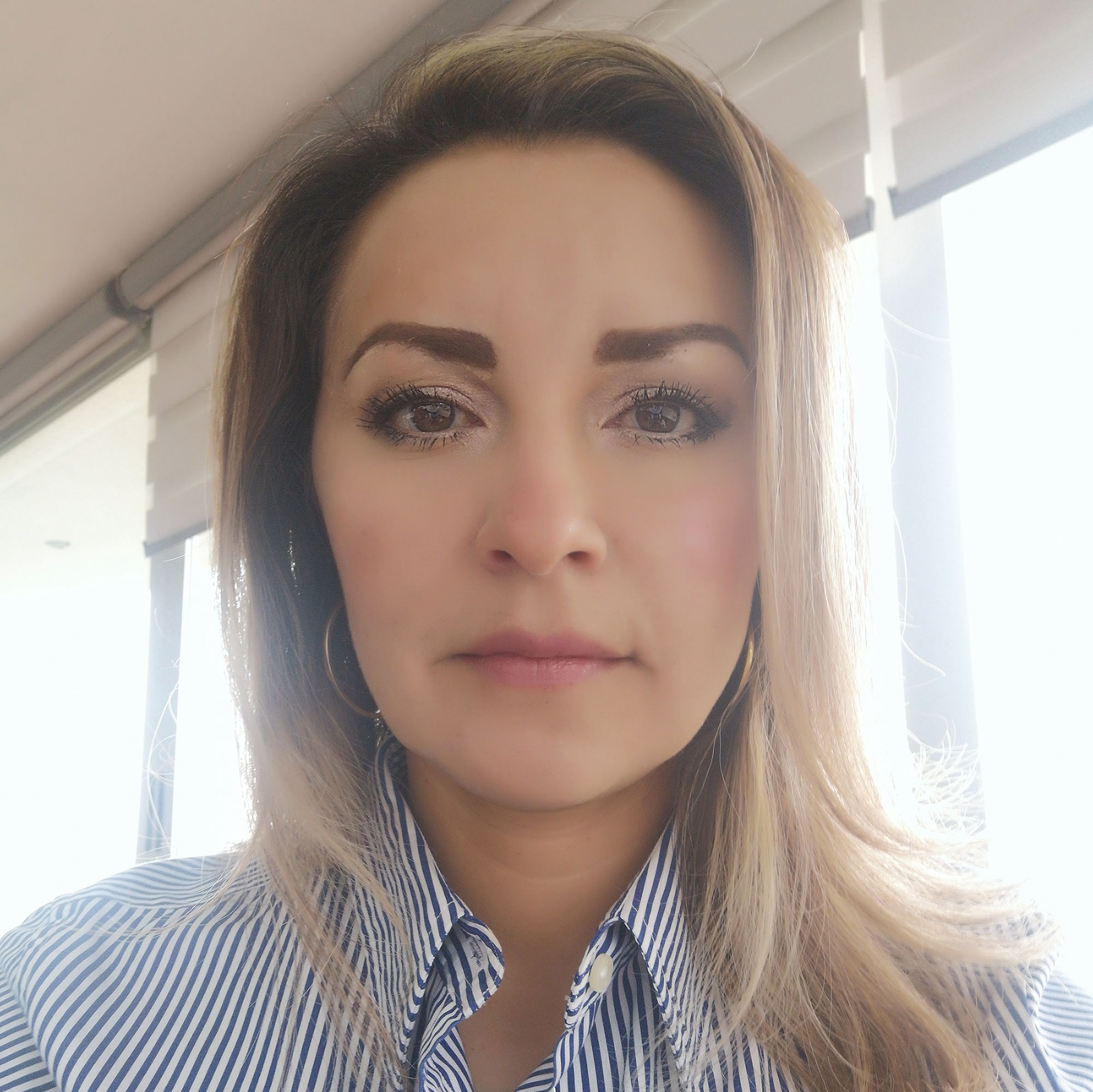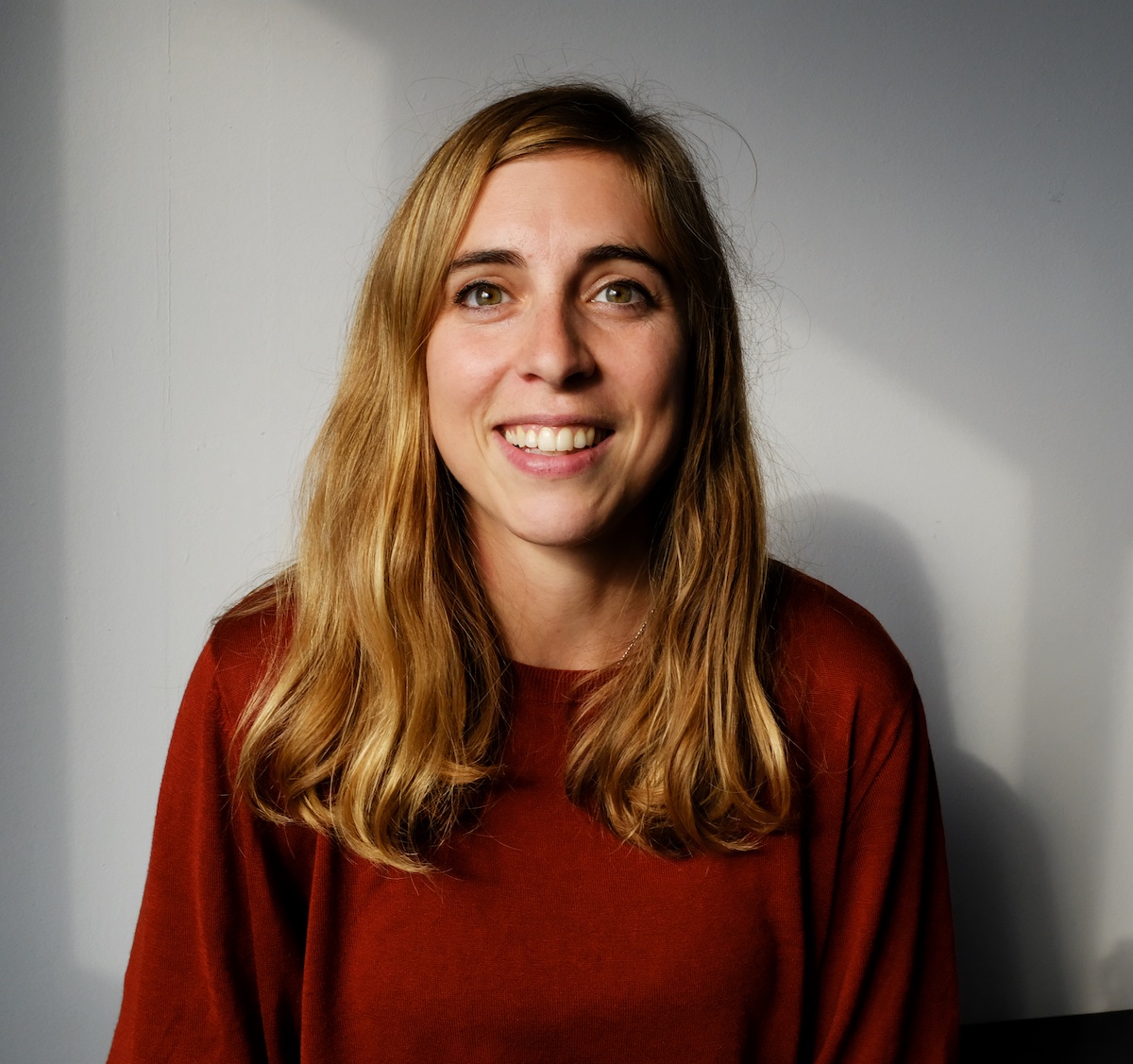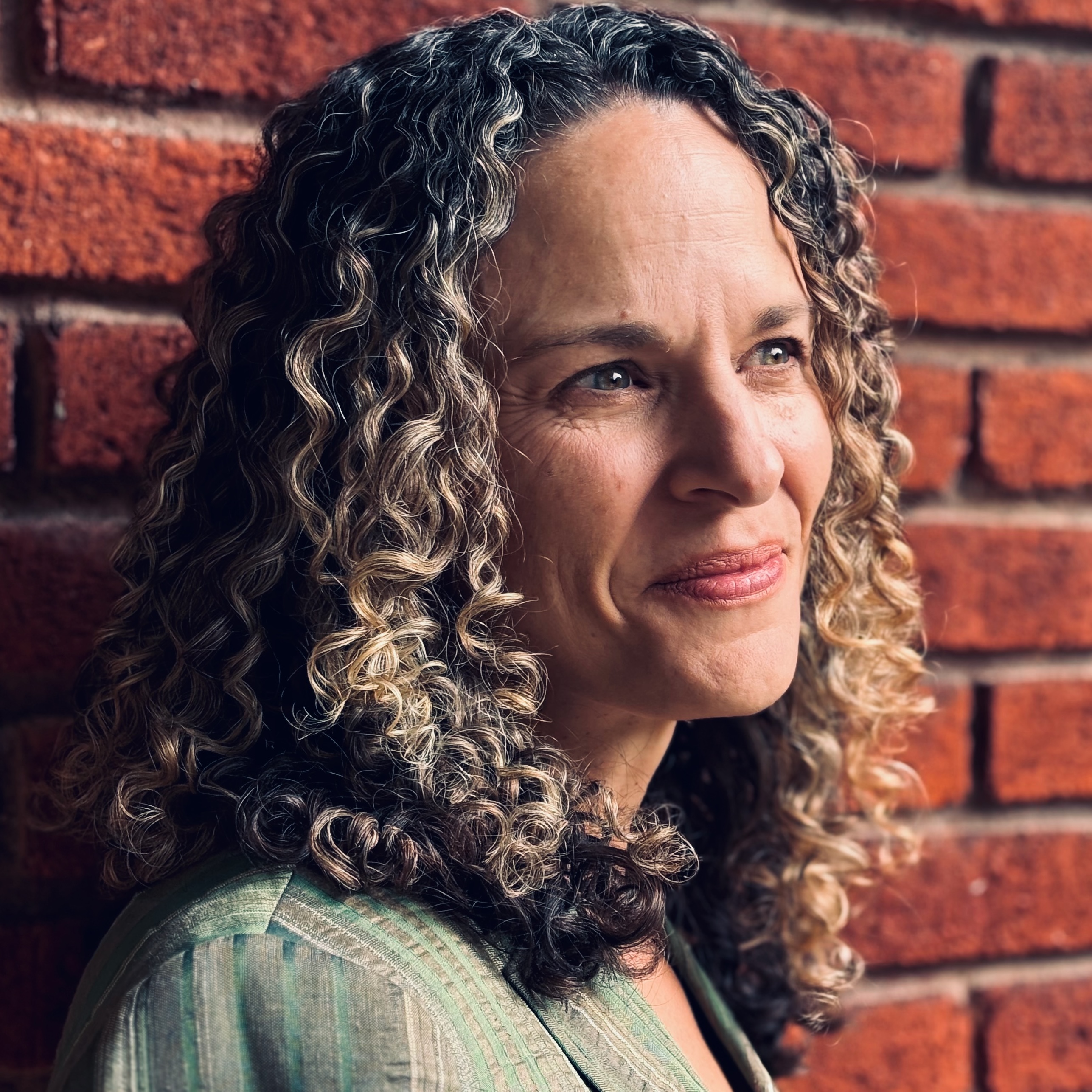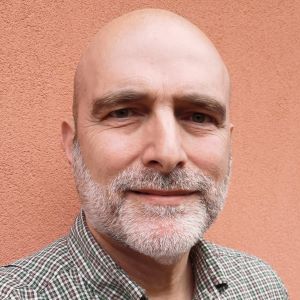We invite to the Workshop Citations and Open Scholarly Metadata (WOOC) researchers, scholarly publishers, funders, policy makers, institutions, and open citations advocates, interested in the widespread adoption of practises for creation, sharing, reuse and improvement of open scholarly metadata.
This year edition of the workshop will gravitate around the following theme:
"Open Access of Research Information"
In particular, the first day will be dedicated to the Bologna Meeting on Open Research Information, to encourage discussion between the signatories and supporters of the Barcelona Declaration and other interested bodies and collaboratively orient the common roadmap, thus allowing the articulation of the outcomes that have recently been discussed during the Paris Conference on Open Research Information.
The second day will be dedicated to invited contributions, presentations and a poster session selected among the participants in the call for contributions on the workshop theme.
The participation to both the days of WOOC 2025 is open to everyone, and in particular OpenCitations and the WOOC organizing committee aim to welcome the signatories and supporters of the Barcelona Declaration, and anyone interested in Open Research Information in an interactive event that aspires to encourage the incubation of ideas to strategically orienting the development of practices in open research information.
The Workshop on Open Citations and Open Scholarly Metadata 2025 will be organized in the spaces of the University of Bologna, one of the signatories of the Barcelona Declaration on Open Research Information and CoARA, of which it is also leader of the CoARA National Chapter.
If you wish to participate in the Workshop on Open Citations and Open Scholarly Metadata 2025 as an attendee, please fill in the form by providing the requested information and a short bio to apply for the event. You will receive a notification of acceptance by 20 February 2025. In case of oversubscriptions, the organisers will select attendees from among those who have applied.
If you wish to submit a proposal to the Workshop of Open Citations and Open Scholarly Metadata 2025, please fill in both the first part and the second part of the application form to submit a contribution that fits this year's theme "Open Access of Research Information". The organizing committee will decide if the selected submissions will involve either a talk of 15-minute duration, with a 5-minute discussion following, or a poster presentation accompanied by a 2-3 minute pitch talk. The workshop day dedicated to the presentation of the selected contributions will be May 29. Take into consideration the selection criteria, and submission/author guidelines listed under.
Application deadline: January 13 January 31, 2025
Notification of acceptance (participation only): February 20, 2025
Notification deadline (contributions): March 10 March 21, 2025
Fees and expenses: for the accepted attendees and contributors, we will request a small registration fee around €200 (exact amount to be announced). We will provide lunches and refreshments on all days, and a free workshop dinner on Wednesday 28 May.
Bologna Meeting on Open Research Information
Venue: Room C, plesso Belmeloro
Watch the recordings of Day 1
| 9:30 | Registration |
| 10:00 | Official welcome by Unibo - Raffaella Campaner, Vice Rector for International Relations Welcome, housekeeping |
| 10:15 | Barcelona Declaration: Introduction & Where are we now |
| 10:45 | Short presentations by signatories |
| ● | Carla Carbonell Cortés, Fundación “la Caixa” |
| ● | John Chodacki, California Digital Library |
| ● | Ana Ranitovic, Dutch signatories of the Barcelona Declaration |
| 11:15 | Coffee break |
| 11:45 | Introduction working groups & break-out sessions |
| 12:00 | 1st breakout session (3 working groups) |
| ● | Working group 3 - Funding metadata |
| ● | Working group 4 - Replacing closed systems |
| ● | Working group 6 - Evaluating open data sources |
| 13:00 | Lunch break |
| 14:30 | Reporting 1st breakout sessions |
| 15:00 | 2nd breakout session (3 working groups) |
| ● | Working group 1 - Journal article metadata and book metadata |
| ● | Working group 2 - Metadata on research outputs in IRs, preprint and data repositories |
| ● | Working group 7 - Evidence of benefits |
| 16:00 | Coffee break |
| 16:30 | Reporting 2nd breakout sessions |
| 17:00 | Next steps for the Barcelona Declaration |
| 20:00 | Social Dinner at Signorvino(Piazza Maggiore, 1/C) |
Venue: Aula Prodi, Department of History, Cultures and Civilization
Watch the recordings of Day 2
| 09:00 | Welcome from the Organizing Committee |
| 09:15 | Report from Bologna Meeting on Open Research Information |
| 09:45 | [Invited talk] Katherine Skinner (IOI) |
| 10:15 | Short Talk Session 1 |
| 10:15 | [Short talk] Ioanna Grypari (OpenAIRE AMKE); Simon Bourdie; Nicki Lisa Cole; Thomas Klebel; Haris Papageorgiou; Pedro Principe; Tony Ross-Hellauer; Petros Stavropoulos; Despoina Sousoni; Lennart Stoy; Vincent Traag; Lena Tsipouri; Tommasso Venturini; Silvia VignettiThe PathOS Project: Evidence, Methods, Tools and Lessons learned for Identifying the Impact of Open Science PathOS adopts a comprehensive investigative approach to explore how Open Science (OS) practices influence academic, societal, and economic outcomes. Drawing on scoping reviews, causality-drive, AI-assisted and mixed (quanti-quali) methods, and six in-depth case studies, PathOS offers evidence, insights and a set of tools and frameworks for identifying the real-world OS impacts. |
| 10:30 | [Short talk] Nees Jan van Eck (CWTS); Bram van den Boomen; Martijn Visser Accuracy of affiliation information in open bibliographic data sources: A comparative study of OpenAlex and OpenAIRE for Leiden University This study examines the accuracy of the attribution of publications to Leiden University in OpenAlex and OpenAIRE, focusing on publications indexed in both data sources. |
| 10:45 | [Short talk] Tomasz Umerle (OPERAS); Angelo Di Iorio, Matteo Romanello, Cezary Rosiński, Marta Soricetti, Tomasz UmerleOpenCitations for SSH: Improving OPERAS Metrics and Enriching Knowledge Graphs The presentation shows how the GRAPHIA and LUMEN projects are improving the extraction of citation data from SSH publications. It highlights the use of ML solutions in OpenCitations' CEX tool to address missing references and enhance metadata. The presentation also shows contributions to the SSH KG and OPERAS metrics service. |
| 11:00 | [Short talk] Thanasis Vergoulis (ATHENA RC); Clifford Tatum GraspOS Infrastructure: Enhancing Discoverability of Open Resources for Responsible Research Assessment Presenting the GraspOS infrastructure, an open infrastructure that aims to facilitate the implementation of policy reforms towards Open-Science-aware Responsible Research Assessment. The infrastructure aggregates and makes discoverable open resources, such as tools, services, datasets, guidance material that can catalyse the implementation of relevant policy reforms. |
| 11:15 | Coffee break |
| 11:45 | Short Talk Session 2 |
| 11:45 | [Short talk] Gernot Deinzer (University of Regensburg); Julia Bartlewski; Christoph Broschinski; Cornelia Lang;, Dirk Pieper; Bianca Schweighofer; Colin Sippl; Lisa-Marie Stein; Alexander Wagner; Silke WeisheitCost for research – how cost data of research can be included in open metadata to be reused and evaluated The openCost project aims to enhance transparency in research funding by making publication-related costs publicly accessible, following FAIR principles. It introduces a metadata schema for cost data, allowing aggregation and analysis across institutions. The project promotes open access and cost-efficient models, benefiting academic institutions, funders, and policymakers. |
| 12:00 | [Short talk] Parth Sarin (Stanford University); Juan Pablo Alperin Citation Parsing and Analysis with Language Models A corpus of citations is assembled from the Public Knowledge Project, SciELO, and Redalyc. Language models are then fine-tuned for the task of citation parsing and evaluated on this corpus. The best-performing model is subsequently applied to mark up citations in millions of articles published on Open Journal Systems. |
| 12:15 | [Short talk] Zoe Wake Hyde (Public Knowledge Project) What’s in a Book? A review of book-related work types in various metadata schemas, and an attempt to align these in OMP and Thoth Open Metadata A focus on the results of a recent research project probing the differences of work type denominations across a variety of platforms and standards which has been conducted by specialists at Public Knowledge Project and Thoth Open Metadata. As we will show, this research indicates a lack of congruence across the numerous platforms and metadata standards considered, all of which offer varying degrees of granularity and specificity with regards to classifying book content. |
| 12:30 | 2-min Pitch Poster Session [Poster] Daniel Mietchen (Leibniz Institute for Information Infrastructure) – Open Scholarly Metadata for Sharing the Nuances of Research Processes [Poster] Erica Andreose (University of Bologna) – Investigating Bibliographic Entities Without Persistent Identifiers [Poster] Laurent Antoine Fintoni (University of Bologna) – Making ontologies in the humanities more visible and accessible using SKOS [Poster] Luis Montilla (Crossref) – Mapping Metadata Inequities: Regional Disparities in Crossref Scholarly Records [Poster] Melissa Harrison(EMBL-EBI) – Enriching Enriching open metadata for preprints with Europe PMC [Poster] Mogens Sandfaer(National Open Research Analytics) – Open - from local CRIS’es to global indexes and back - Creating a high-integrity national open research information and analytics platform in international collaboration [Poster] Nicandro Bovenzi (SIRIS Lab) – Heterogeneous affiliation metadata enrichment with AffilGood [Poster] Paloma Marín Arraiza (ORCID) – Enhancing research integrity with ORCID data [Poster] Philipp Steglich (Leibniz Association) – Strengthening open research information and the use of CRIS in the Institutes of the Leibniz Association [Poster] Roderic Page (University of Glasgow) – The grand challenge of data citation: a critical look at the Making Data Count Data Citation Corpus [Poster] Samuel Scalbert (INRIA) – Open Access and AI for Research Assessment: Identifying and Evaluating Software Mentions in Scholarly Publications [Poster] Simon Willemin (ETH Zurich) – What did we learn from the TOBI project? A 2-year retrospective into the open information landscape [Poster] Verena Weimer (Leibniz Institute for Research and Information in Education) – Open Citation Data for Educational Research |
| 13:00 | Lunch Break |
| 14:30 | Talk by OpenCitations |
| 15:00 | Short Talk Session 3 |
| 15:00 | [Short talk] Didier Torny (CNRS) Discovering and charting the black matter of citations. Matilda as a new source for Open Citations The operationalization of a complementary strategy to reconstruct missing reference links and share them via the Open Citations infrastructure through PDF extraction. |
| 15:15 | [Short talk] Iratxe Puebla (DataCite); Maria Gould Scaling open research information for scholarly outputs: The Data Citation Corpus advances evaluation of the impact of research data The limited research information available on non-article outputs hinders their inclusion in research evaluation. The Data Citation Corpus, developed by Make Data Count, scales the research data-usage information openly available, addresses gaps in the availability of research information, and enables evaluation of the use and impact of research data. |
| 15:30 | [Short talk] Andrea Mannocci (CNR-ISTI); Paolo Manghi Advancing Integration and Reuse Across Diverse Scholarly Data Sources. Introducing the SKG-IF: the Interoperability Framework for Scientific Knowledge Graphs. The Scientific Knowledge Graph Interoperability Framework (SKG-IF) is a standardisation effort aimed at enhancing interoperability among Scientific Knowledge Graphs. It defines a core model, APIs, and an extension mechanism to support diverse research needs while ensuring compatibility, coherence, and seamless data integration across different scientific domains and datasets. |
| 15:45 | [Short talk] Sofiia Zherebchuk (State Scientific and Technical Library of Ukraine); Dmytro Kudas Capacity Building for Open Science: Ukrainian case study Ukraine is actively integrating into the global research ecosystem by adopting Open Science principles, which emphasize transparency, collaboration, and accessibility. Despite challenges such as the ongoing war and economic constraints, significant progress has been made to establish an Open Science culture, with the State Scientific and Technical Library of Ukraine (SSTL) serving as the central facilitator of these efforts. This paper examines Ukraine’s approach to Open Science, highlighting SSTL’s leadership in advancing national research infrastructure, promoting international collaboration, and building capacity for researchers across the country. |
| 16:00 | Coffee break |
| 16:30 | [Invited Talk] Sara Petti (Open Knowledge Network) |
| 17:00 | Short Talk Session 4 |
| 17:00 | [Short talk] Alessandra Caputo (CSIL Scrl); Jessica Catalano The role of open data in driving innovation: insights from UniProt An analyses of UniProt’s role in open science, highlighting its impact on academic research and industry innovation. Through publication and patent analysis, it shows UniProt’s data accelerates knowledge creation, boosts patenting, and supports SDG goals. Findings reveal UniProt’s increasing influence, particularly in biotechnology and pharmaceuticals, fostering both discovery and application. |
| 17:15 | [Short talk] Giulia Malaguarnera (OpenAIRE); Natalia Manola; Ioanna Grypari; Leonidas Pispiringas; Paolo Manghi; Stefania Amodeo; Angeliki Tzouganatou Advancing Open Research Information – Insights from the National Open Access Irish Monitor Presenting the National Open Access Monitor, Ireland, an evidence-based framework evaluating progress on Ireland's national open access policy. Leveraging the OpenAIRE Graph, it tracks policy compliance, assesses research practices, and offers interactive tools. The Monitor promotes transparency and aligns with FAIR principles, supporting an inclusive open research ecosystem. |
| 17:30 | [Short talk] Luca De Santis (Net7 Srl); Alessandro Bertozzi Boosting data interoperability of GoTriple.eu GoTriple.eu is the multilingual discovery platform for Social Sciences and Humanities, where scholars can find references of documents (e.g. articles or datasets), projects and authors. We present the ongoing process for maximising access and reuse of GoTriple data through semantic interoperability and by applying open standards |
| 17:45 | [Short talk] Sebastiano Giacomini (University of Bologna); Alessia Bardi; Marina Buzzoni; Marilena Daquino; Riccardo Del Gratta; Angelo Mario Del Grosso; Franz Fischer; Chiara Martignano; Roberto Rosselli Del Turco; Giorgia Rubin; Francesca Tomasi FAIR Digital Humanities scholarly metadata. The ATLAS project A discussion toward the role of platforms in preserving and accessing Digital Humanities (DH) research data. It highlights gaps in existing models for describing and linking cultural heritage resources. The ATLAS project introduces an ontology and a knowledge graph to enhance metadata, discovery, and reusability of DH research on Italian Digital Cultural Heritage. |
| 18:00 | Closing session |

|
[Invited Talk] Arianna Becerril-García (Redalyc, AmeliCA)This invited talk was delivered remotely as the speaker could not attend in person. The recording is now available online (Watch the talk on YouTube) |



The University of Bologna is the oldest university in the western world, and one of the largest universities in Italy (with about 90,000 enrolled students).
The workshop will take place at the University of Bologna, in the heart of the city, in two different venues.
Day 1 will take place at the Plesso Belmeloro, Via Beniamino Andreatta, 8, Room "C".
Day 2 will take place at the Department of History, Cultures, and Civilization (italian translation: Dipartimento di Storia, Culture e Civiltà), Piazza S. Giovanni in Monte, 2, Room "Aula Prodi".
From the train station you can either walk to reach both the venues (20’/30') or take a bus by checking you route on the local public transport Tper website (https://www.tper.it/map) (click on the “Google Maps” suggestion if the online map gives no results).
The airport “Guglielmo Marconi” is located at 15-20 minutes by car from the city centre. A direct train, Marconi Express, leaves regularly from the Airport for Bologna Central Rail Station. The trip costs 11€. A taxi costs about 20€ (call a taxi at 0039 051 372727).
The organizers are negotiating with local hotels for rooms to be reserved and made available at special rates for participants. Check the Hotels in Bologna.
Bologna is home to numerous prestigious cultural, economic and political institutions as well as one of the most impressive trade fair districts in Europe. In 2000 it was declared European capital of culture, and in 2006, a UNESCO "city of music". Bologna’s porticoes have been listed in the UNESCO World Heritage List in 2021.
via Zamboni, 32 (first floor) | Bologna, BO | 40126 Italy
open an issue on
github!